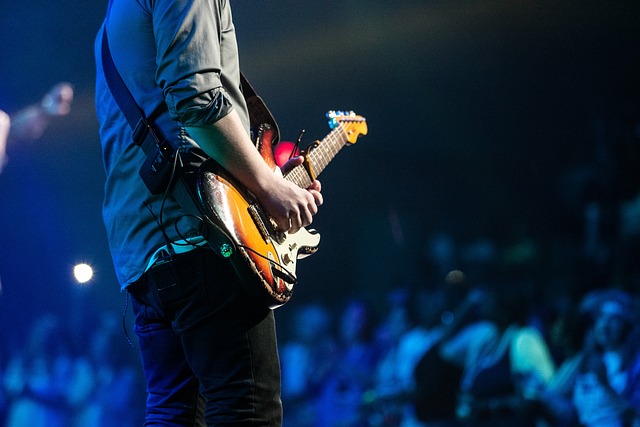While the world’s attention turned to concert ticketing with the recent Taylor Swift and Beyoncé kerfuffle, we’ve been fighting for years to protect fans who are being victimized by resellers. We’ve not yet opened the season at Merriweather Post Pavilion, but already we see scalpers grifting, selling $150 Alanis Morrisette tickets for $7,000, as just one example. What’s more, these may not be real tickets.
The problem: scalpers trick consumers into buying overpriced and fake tickets while using illegal BOTS to grab tickets before real fans have a fair chance.
Fans deserve the chance to buy real tickets at the prices artists set, and gratefully, Maryland legislators now have a chance to stand up FOR consumers and stand up to professional scalpers and the platforms that knowingly host them.
Led by State Senator Dawn Gile and State Delegate C.T. Wilson, SB 539/HB 701, the recently introduced legislation is the most pro-consumer protection bill about concert ticketing we have seen. It’s every fan’s greatest hope of getting into shows without getting gouged.
The bill brilliantly takes the profit motive out of predatory ticket selling by making it illegal to resell above face value; it limits the fees secondary sites like StubHub and Vivid Seats can charge for hosting tickets to up to 10 percent of face value; it bans speculative ticketing (scalpers selling tickets they don’t even have), and it ensures ticket holders can sell their tickets if they can’t make a show.
Night after night we talk to fans whose tickets aren’t working only to discover that a scalper sold the same ticket multiple times, often across multiple websites. That ticket only works once, leaving the other customers confused and angry at our doors. StubHub and Vivid Seats are quick to talk about their “guarantee”, but that only covers the ticket, not the cost of gas or flight to town, hotel, lost wages, or disappointment.
These professional scalpers know exactly what they’re doing, and they attack every show we put on sale.
We constantly hear that a fan “just clicked the first result on Google.” When you Google a show, like “Brooks & Dunn Merriweather Tickets”, the entire first page is clogged with results from scalpers, who often try to parrot our website to trick people into thinking they’re buying from us. Merriweather’s official website doesn’t appear until you scroll down because of the scalpers’ obvious investment in Google ads. When you’re not paying the artists or anyone else connected to putting on the show, you can invest in Google ads, BOTS, and lobbyists who try to convince legislators to let the predacious behavior continue.
Touring artists create the music, they hire band members, lighting and sound designers, bus drivers, and pay for hotel and meals. It’s expensive to tour. Venues like Merriweather Post pay rent and insurance, hire hundreds of people to staff the box office, security, and concessions; and, of course, we pay the artists. At Merriweather, for example, we’ve spent $60 million over the last eight years to ensure we have the absolute best sound, light, and video system, so artists and fans will want to return. It’s expensive to host a show. We take all the financial risk. We do this because we want the artists to play with us on their next tour and fans to return several times a season.
The scalpers have no risk; they just parasitically extract billions of dollars out of the music ecosystem. It harms artists because often, fans misunderstand and think the artists were the ones who set the exorbitant price, not the scalpers. It hurts other artists and venues because when someone pays 10 times what they should have for one show, they’re not attending other artists’ shows, and it limits fans’ ability to buy food, beverages, and band T-shirts.
It’s not just Merriweather that supports this bill. The Maryland Attorney General’s Consumer Protection Office testified in favor of it, as did the National Independent Venue Association, the Future of Music Coalition, SAG/AFTRA, the National Independent Talent Organization, plus a host of Maryland concert venues, artists, and fans.
When we alerted our ticket buyers of this legislation, within 24 hours they sent 7,000 emails to their state legislators in support of it. We hope the legislators are listening and vote to make SB 539/HB 901 law. When that happens, it will be the national gold standard for consumer protection in concert ticketing, and I predict artists will choose to play in Maryland, over neighboring states as a result.







Recent Comments